Have you ever noticed how, on your hardest days, your cat seems to know exactly when you need a gentle nudge or a comforting purr? For cat lovers everywhere, our feline friends are more than just pets—they’re mysterious, intuitive companions who can make even the toughest times feel a little lighter. But what’s the real relationship between cats and emotional burnout? Can these whiskered wonders help us recover, or do they sometimes add to our stress? Get ready for a revealing journey into the complex world where cats and human emotions collide. You might be surprised by what you discover!
The Hidden Epidemic of Emotional Burnout

Emotional burnout is sweeping through our lives faster than we realize. Many people push themselves to the brink, juggling work, family, and the constant pressure to do more. The sneaky thing about burnout is that it doesn’t always look dramatic. Sometimes, it’s just a lack of energy, a dull ache in your chest, or the feeling that you’re running on empty. People often try to hide it, thinking they just need to toughen up. But ignoring burnout can make it worse, leading to exhaustion, irritability, and even physical illness. It’s a silent epidemic, and more people are struggling with it than ever before. In this storm of stress, our cats might be tiny islands of calm—if we only know how to reach them.
Why Cats Seem to Sense Our Emotions

Have you ever wondered how your cat always seems to know when you’re sad or anxious? It’s not magic—cats pick up on subtle cues from our body language, tone of voice, and even our scent. When you’re upset, your body chemistry changes, and your cat can sniff out those differences. Some people say cats are aloof, but many owners swear their felines become more affectionate when they sense distress. This intuitive connection makes cats remarkable companions, especially when life feels overwhelming. While they may not fetch your slippers, their quiet presence can be just the comforting balm you need.
How Feline Companionship Eases Stress

There’s something almost magical about stroking a cat as it purrs on your lap. The gentle vibration of a purr has been shown to lower blood pressure and release feel-good hormones in the brain. Spending time with a cat can slow your racing thoughts and help you focus on the present moment. It’s like having a tiny furry therapist who doesn’t judge or interrupt. Many people report that even a few minutes of playing or cuddling with their cat can melt away tension. When everything else is spinning out of control, a cat’s steady rhythm can be the anchor you desperately need.
The Science Behind Cats and Emotional Healing
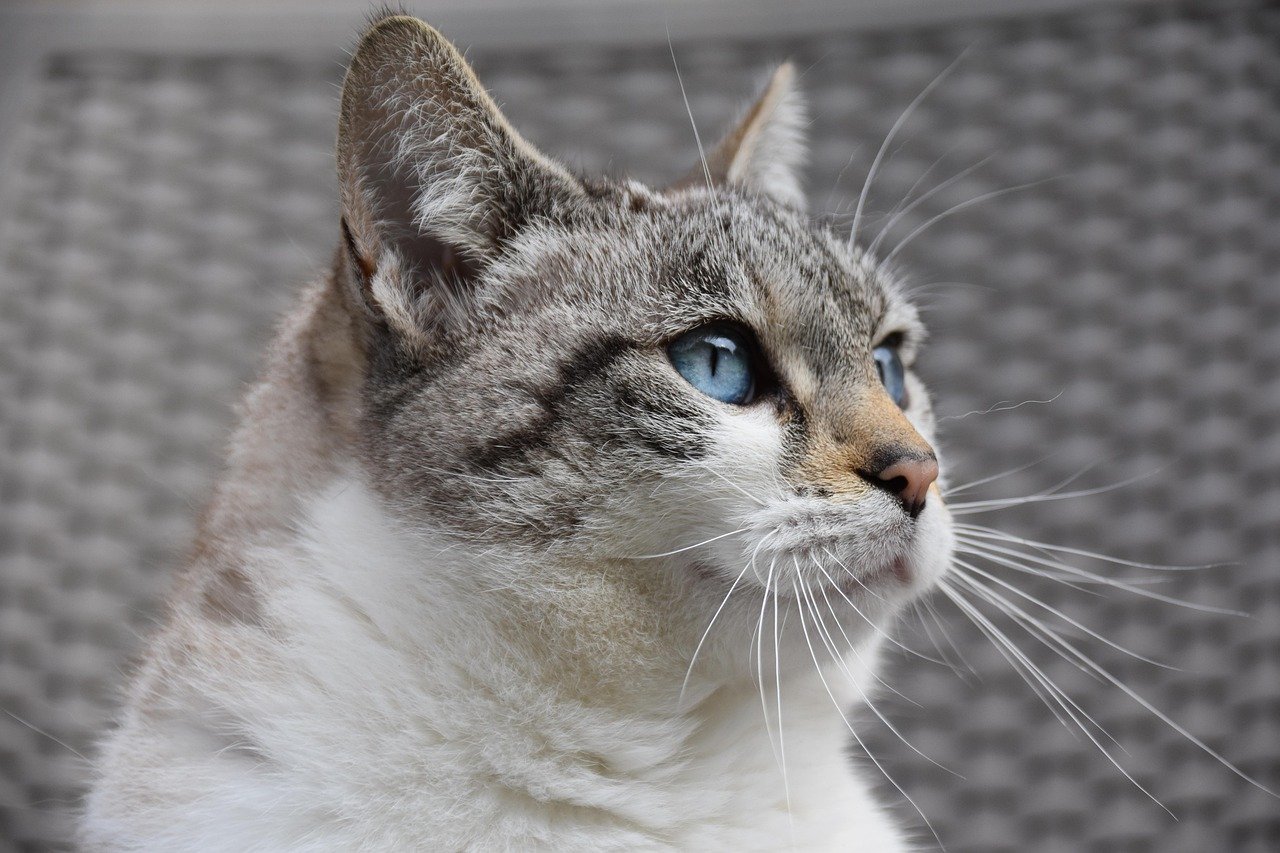
Modern research is starting to back up what cat lovers have known for ages: cats really do help us feel better. Studies show that people who live with cats often experience less anxiety and depression. The physical act of petting a cat can trigger the release of oxytocin, a hormone linked to bonding and happiness. Even watching videos of cats can lift your mood—yes, that’s actually science! But it’s not just about distraction. The consistent, low-maintenance companionship of a cat creates a safe space for emotional healing. It’s a quiet, persistent kind of magic, rooted in both biology and the heart.
When Cats Become a Source of Comfort

On those days when you feel like the world is too much, your cat might become your greatest solace. Curling up together on the couch, you may find a sense of peace you can’t get anywhere else. For people living alone or going through tough times, a cat’s steady presence offers a sense of stability. Their routines—demanding breakfast, claiming a sunny patch—can give structure to chaotic days. Even their quirky antics can make you smile when nothing else seems funny. In moments of loneliness or despair, a cat’s soft purr and warm body can feel like hope itself.
Can Cats Also Contribute to Stress?

As much as we adore our feline friends, they’re not always perfect angels. Sometimes, a cat’s mysterious behavior—midnight zoomies, sudden yowling, or unexpected litter box accidents—can push a stressed-out owner over the edge. If you’re already feeling burned out, these little frustrations can feel much bigger. Some cats need extra attention, and their demands might clash with your need for rest. Allergies or messes can add more chores to your plate, and the guilt of not being able to care for your pet the way you want can sting. It’s a reminder that even the best relationships have their challenges.
Cats and the Power of Routine
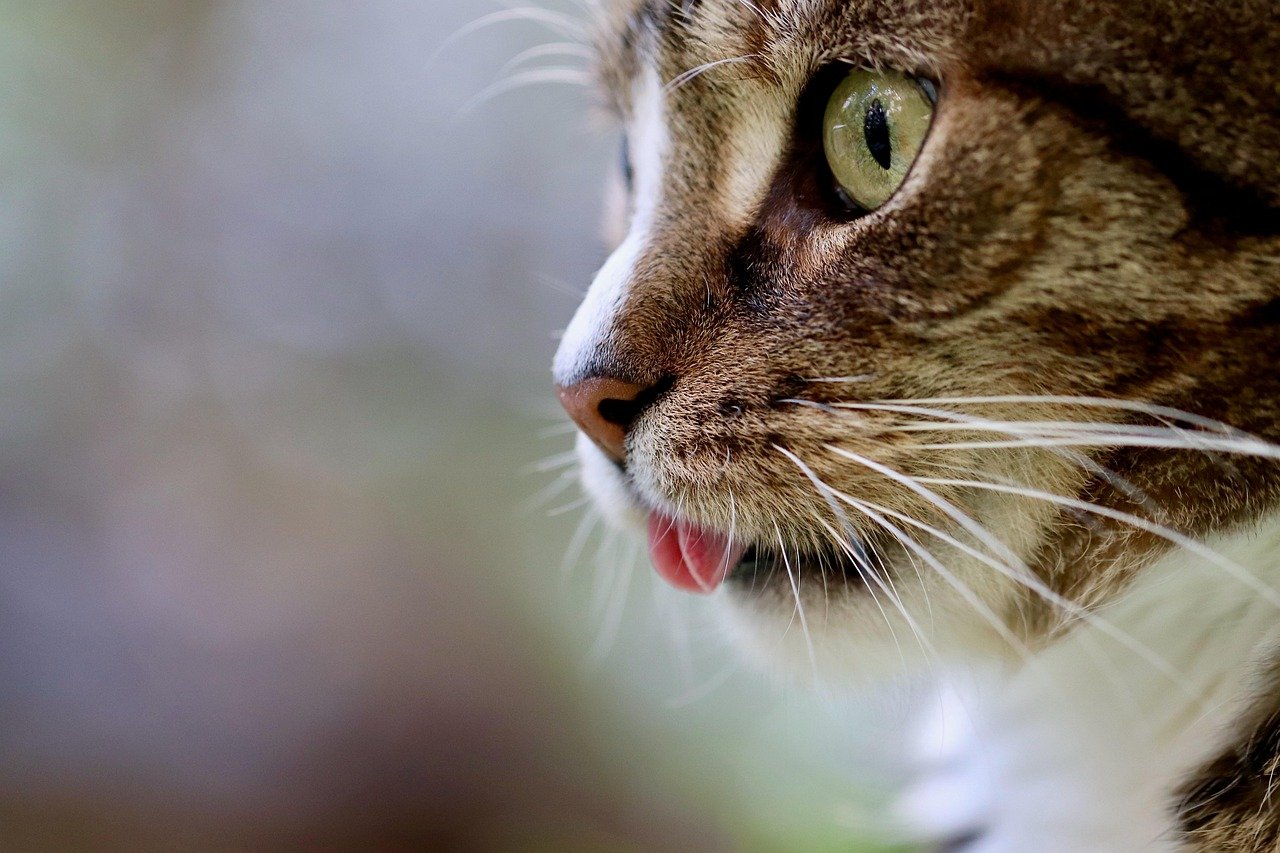
One of a cat’s secret superpowers is their love of routine. They wake up at the same time every day, expect meals on schedule, and have their favorite napping spots. For someone wrestling with burnout, these routines can be a saving grace. When everything else feels out of control, a cat’s predictable needs can give your day purpose and shape. Feeding your cat, cleaning their litter box, and playing with them are small acts of care that can pull you out of your own head. It’s a gentle reminder that you’re needed—and that small, regular acts can make a big difference.
The Surprising Benefits of Cat Playtime

Playing with your cat isn’t just fun—it’s a powerful stress buster. Watching your kitty chase a feather toy or pounce on a ball can spark laughter even on your darkest days. This playful interaction releases endorphins, the body’s natural mood boosters, for both you and your cat. It also gives you a break from your worries, pulling you into the joy of the moment. Some people find that playtime with their cat is more effective than meditation or exercise for lifting their spirits. It’s a simple, joyful way to reconnect—with your pet and with yourself.
Understanding Cat Behavior During Burnout

Cats can be incredibly sensitive to changes in their environment, including your emotional state. If you’re feeling burned out, your cat might act differently—becoming clingier, hiding more, or even acting out. It’s important to remember that these changes aren’t personal; they’re just your cat’s way of responding to stress. Take time to observe your feline’s behavior and consider what might be behind it. Sometimes, just sitting quietly together can help both of you feel calmer. Building mutual understanding can strengthen the bond between you and your cat, even in difficult times.
The Healing Power of a Cat’s Purr

There’s something almost hypnotic about the sound of a cat’s purr. Scientists believe that the frequency of a cat’s purr—between 25 and 150 Hertz—can promote healing and reduce pain, not just in cats but in people too. Many owners report that lying next to a purring cat helps them relax and even sleep better. The rhythmic sound is like nature’s lullaby, soothing frazzled nerves and quieting anxious thoughts. For those facing burnout, a purring cat can be a living, breathing remedy—one you don’t have to swallow or schedule, just enjoy.
Cats as Mindfulness Teachers
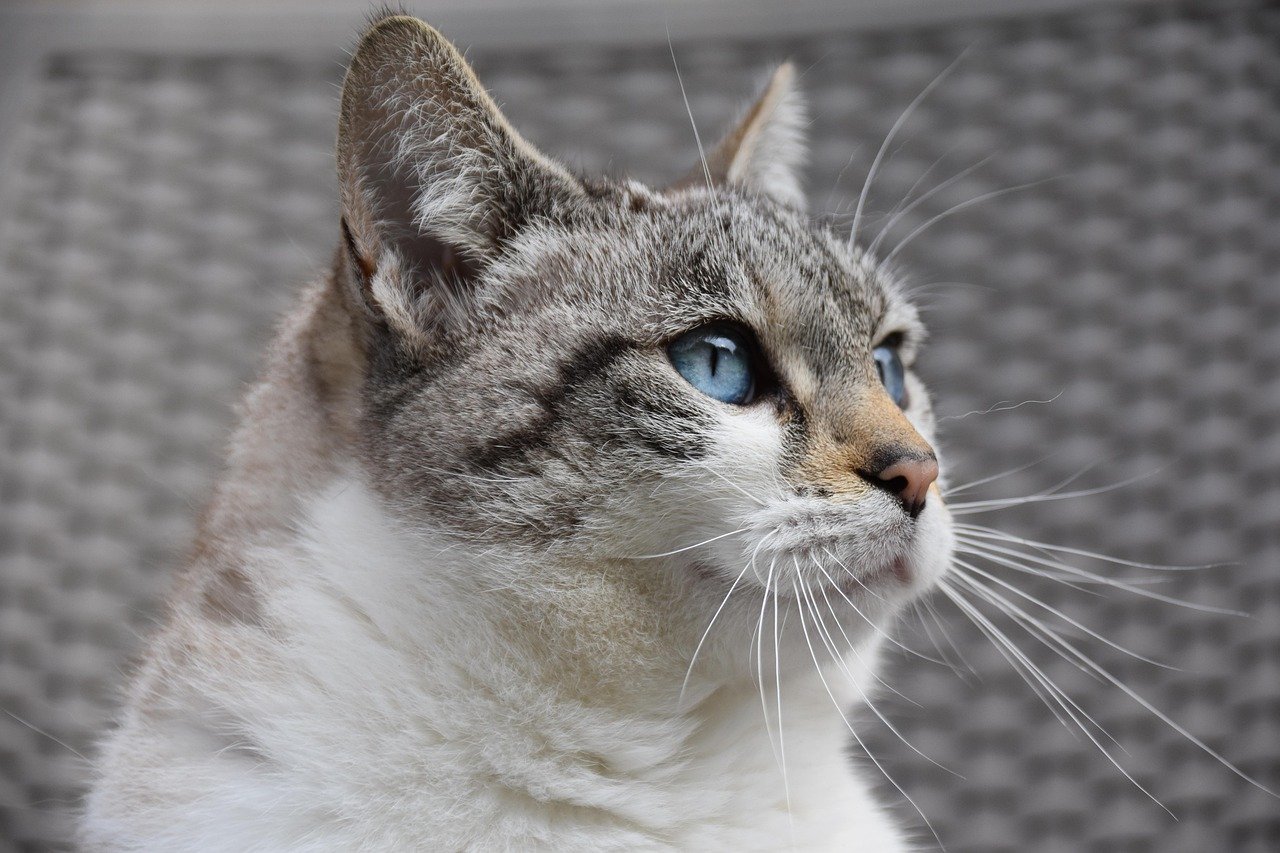
Watch a cat for a few minutes, and you’ll see a masterclass in mindfulness. Cats don’t worry about tomorrow or dwell on the past; they are completely present in the moment, whether they’re basking in the sun or stalking a dust bunny. For people overwhelmed by burnout, learning to live in the moment is a powerful antidote. Spending time with your cat can remind you to slow down, breathe, and savor small pleasures. In a world obsessed with productivity, cats show us the beauty of just being.
How Cats Help Us Set Boundaries
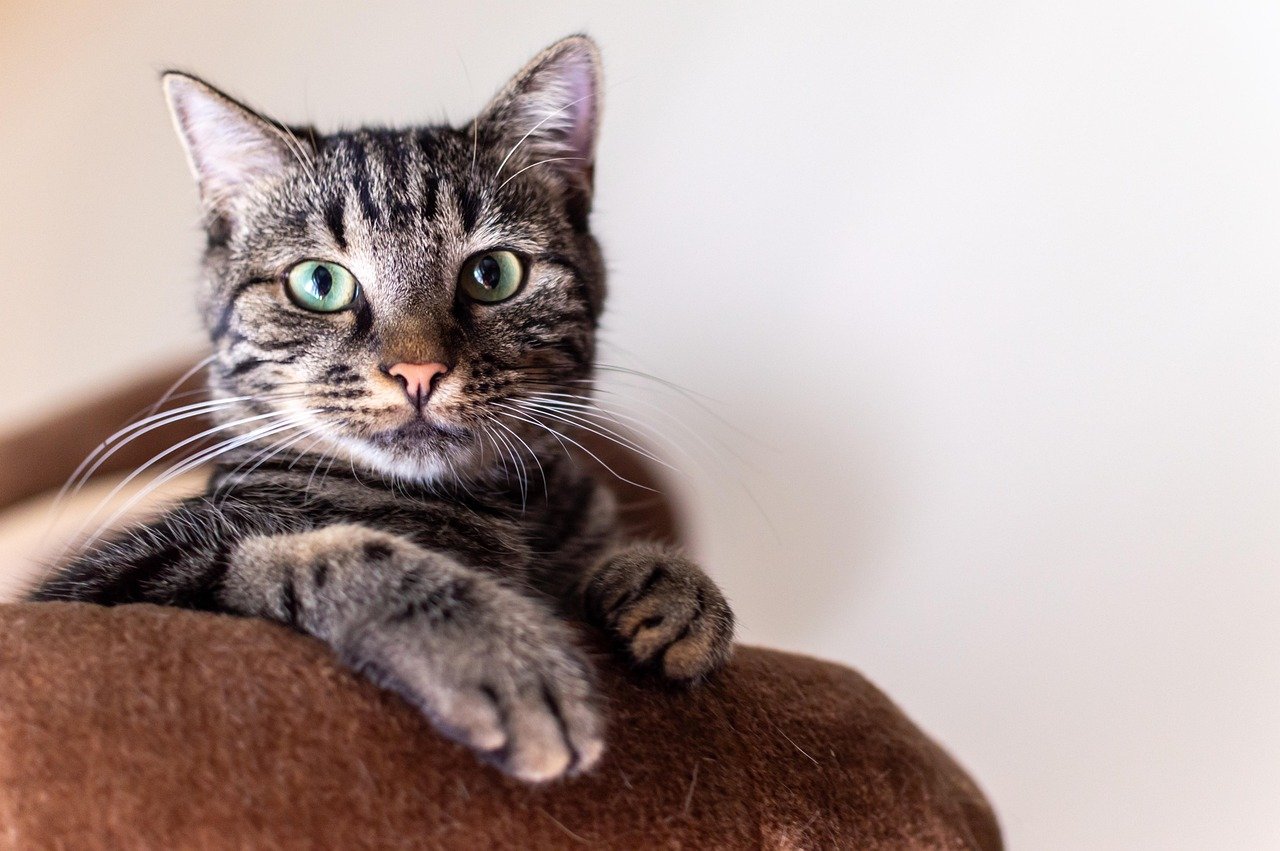
Cats are experts at setting boundaries. If they don’t want to be petted, they’ll let you know—sometimes with a gentle nudge, sometimes with a swipe. This clear communication is something many humans struggle with, especially when burned out from saying yes too often. Living with a cat can teach you the importance of respecting your own limits. By watching how your cat protects its space and energy, you might feel empowered to do the same in your own life. It’s not selfish—it’s survival.
Cats and the Gift of Non-Judgmental Companionship

One of the greatest comforts of living with a cat is their total lack of judgment. No matter how messy your hair or how many hours you’ve spent in bed, your cat doesn’t care. They love you for who you are, not what you do or how you look. This unconditional acceptance is incredibly healing, especially when you feel like you’re falling short in other areas of life. With a cat, you can just be yourself—tired, messy, and imperfect—and know you’re still worthy of love.
When Caring for a Cat Feels Overwhelming
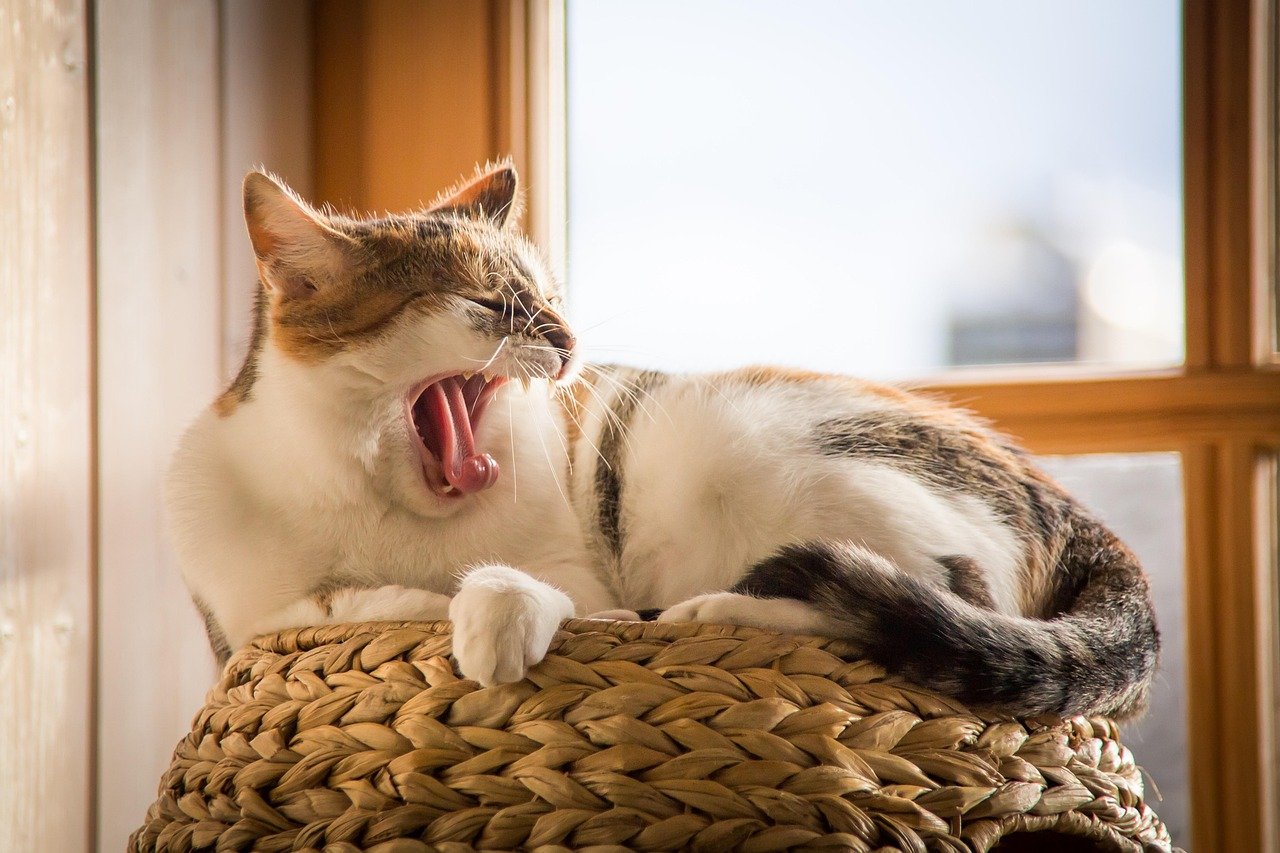
Even the most devoted cat owners can feel overwhelmed by the responsibility of caring for another creature. During periods of burnout, simple tasks like feeding, grooming, or cleaning the litter box can seem impossible. It’s important to acknowledge these feelings rather than ignore them. Reaching out for help—from a friend, family member, or pet sitter—can ease the burden. Remember, it’s okay to need support. Your cat won’t love you any less for asking for help.
The Realities of Cat Ownership During Hard Times

Life with a cat isn’t always picture-perfect, especially when you’re struggling emotionally. Unexpected vet bills, behavioral issues, or simply the pressure of being a good pet parent can add to your stress. However, facing these challenges can also teach resilience and resourcefulness. Some owners find that overcoming hurdles with their cat helps them build confidence in other areas of life. It’s not about being perfect—it’s about showing up, day after day, for your furry friend and for yourself.
Making the Most of Quiet Moments Together
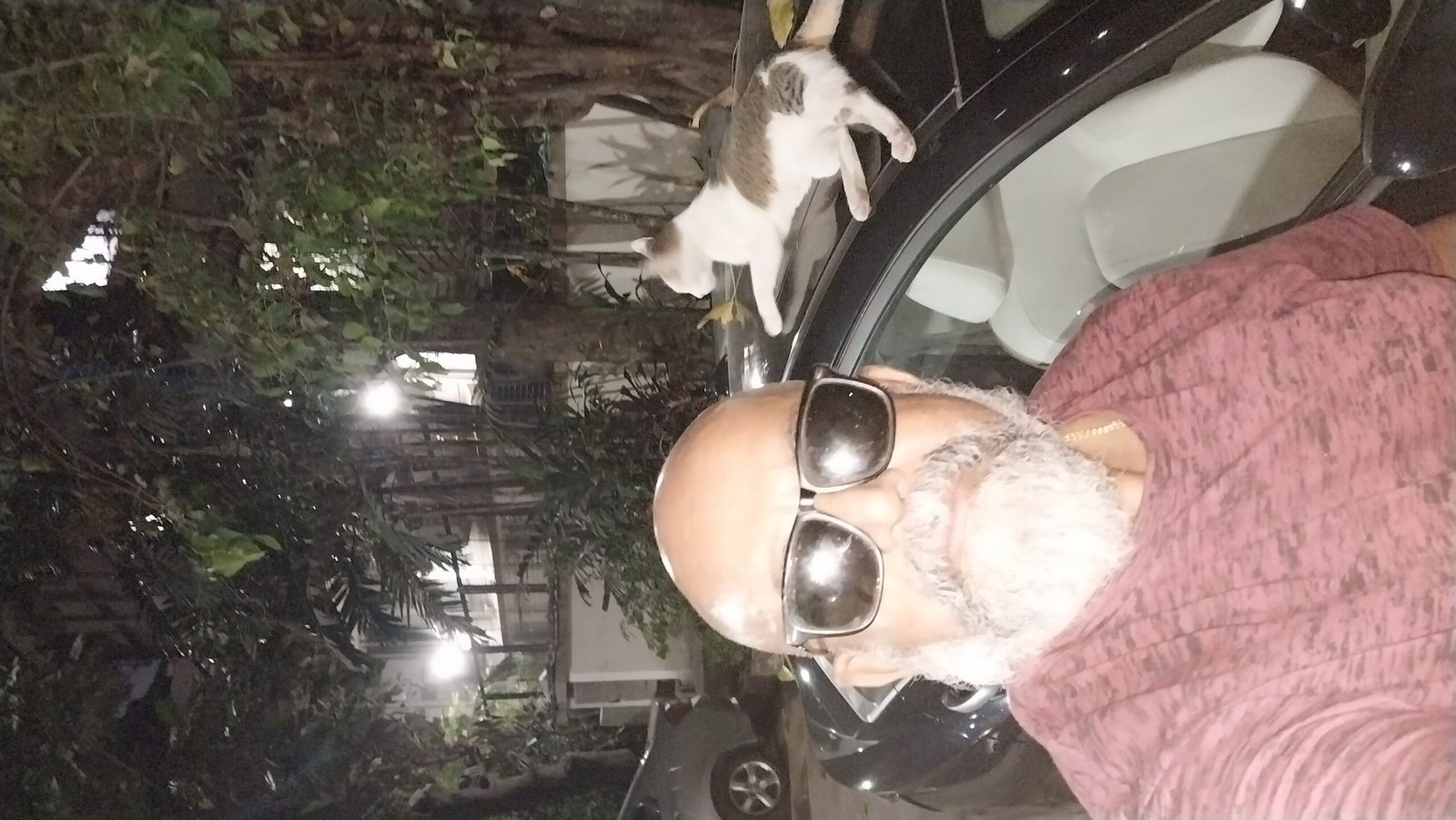
Sometimes, the most healing moments with your cat are the quietest. Sitting together in silence, feeling the warmth of their body against yours, can be deeply soothing. These moments are opportunities to recharge, reflect, and remember what really matters. You don’t have to say anything or do anything special—just being together is enough. In a noisy, demanding world, these peaceful pauses can feel like rare treasures.
Cats and the Importance of Self-Care

Taking care of a cat can serve as a gentle reminder to take care of yourself. If your cat needs fresh water and regular meals, so do you. Sometimes, the act of caring for another being helps you reconnect with your own needs. Use your cat’s routines as an excuse to slow down, eat well, and rest. Self-care isn’t selfish—your cat depends on you being healthy and happy, too.
Creating a Cat-Friendly, Calming Home

Your environment can have a huge impact on both your mood and your cat’s behavior. Creating a peaceful, cat-friendly home can benefit you both. Think about cozy corners, soft blankets, and sunny windowsills. Reducing clutter and adding a few cat toys can make your space feel more inviting. When your home feels calm and safe, it’s easier to heal from burnout. Plus, your cat will appreciate the extra comfort, too.
Seeking Help: When Burnout Becomes Too Much

There’s no shame in asking for help if you’re struggling with burnout. Sometimes, the best thing you can do for yourself and your cat is to reach out—to a friend, therapist, or support group. Your cat can offer comfort, but they can’t replace the help of a professional. Taking care of your mental health ensures you’ll be the best possible companion for your furry friend. Remember, you’re not alone, and it’s okay to need a helping hand.
The Deep Bond Between Cats and Their Humans

The connection between a cat and their owner runs deeper than many people realize. Through good times and bad, this bond can be a lifeline, offering comfort, laughter, and love. Cats may not speak our language, but their presence can say more than words ever could. For those facing emotional burnout, the loyalty and affection of a cat can make all the difference. In the quiet moments when your cat curls up beside you, you’ll find a gentle reminder that you’re never truly alone.
Hi, I’m Bola, a passionate writer and creative strategist with a knack for crafting compelling content that educates, inspires, and connects. Over the years, I’ve honed my skills across various writing fields, including content creation, copywriting, online course development, and video scriptwriting.
When I’m not at my desk, you’ll find me exploring new ideas, reading books, or brainstorming creative ways to solve challenges. I believe that words have the power to transform, and I’m here to help you leverage that power for success.
Thanks for stopping by, Keep coming to this website to checkout new articles form me. You’d always love it!






